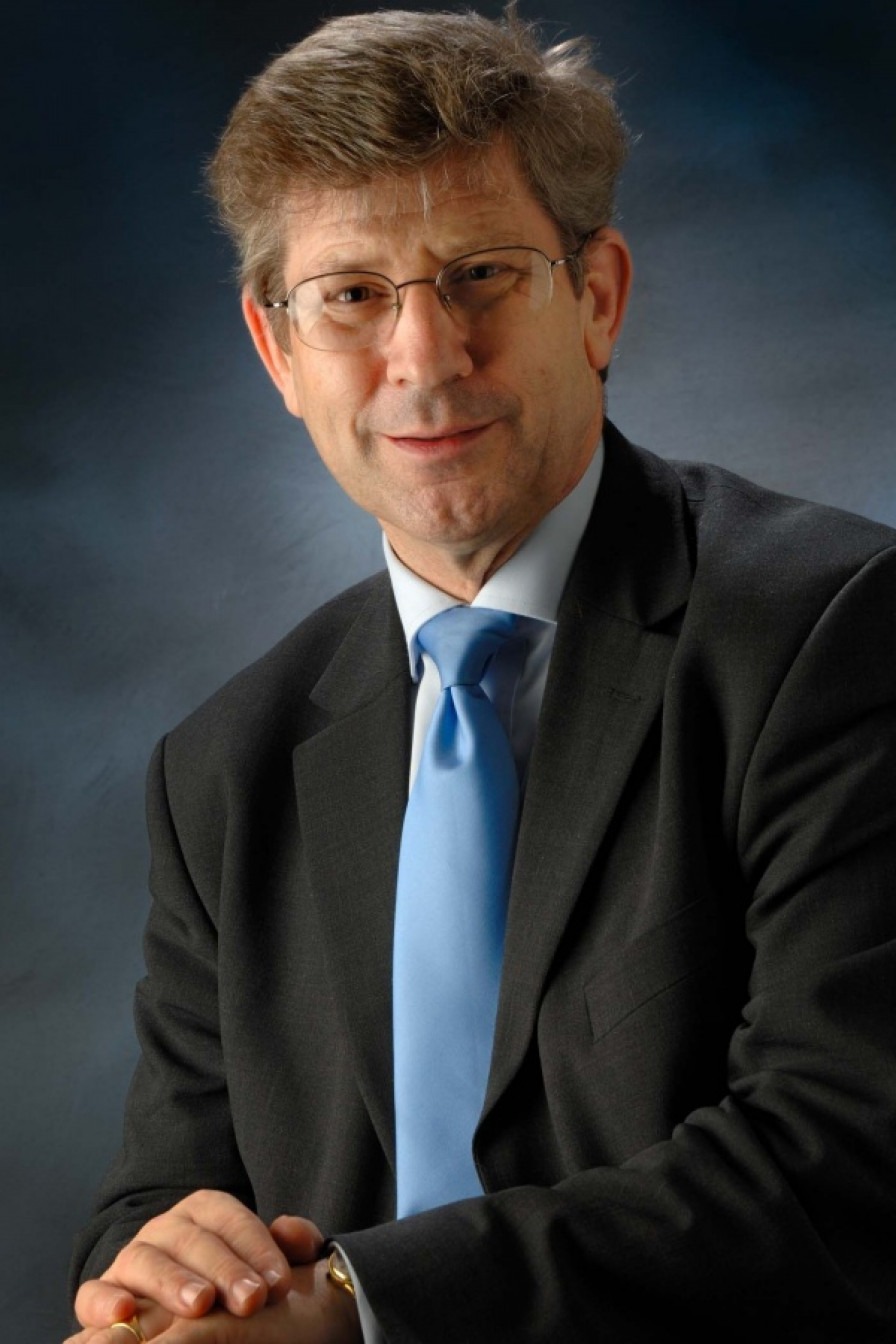It takes two to tango

This short blog does not attempt to provide a balanced commentary on the whole of the Ofsted Music Survey report.
Neither is that report a balanced commentary on the totality of the excellent work that music education hubs have continued to deliver, to more young people, with reducing public funding at both local and national levels.
The excellence of this work is referred to and acknowledged in the report in passing, but that was not its main purpose.
And of course, the media is much more interested in reporting failure than success! So don’t believe everything you read in the press!
An excellent summary document is available on MEC member ISM’s website. However, the report is only 23 pages and I would urge anyone involved in music education to read it.
The thrust of the report is to encourage, entreat and empower music education hubs to have challenging conversations with senior leaders in schools.
The objective of those conversations is to clarify how the funding and work of the hub can augment and build upon young people’s basic entitlement so that every child can experience the best music education that is currently only available to a minority. This has to include an understanding of and discussion about the school’s own music curriculum.
Hubs can do this in two main ways;
By insisting that First Access programmes are high quality programmes that complement and enhance the schools’ own music curriculum. This includes ensuring that adequate and appropriate progression routes are available and affordable for all young people who wish to continue with their music making beyond the school’s own music curriculum.
By working with schools so that any other musical input that the hub delivers to or brokers for the school is also of high quality and complements and enhances the school’s own music curriculum.
Schools (head teachers and governors) are responsible and accountable for their curriculum.
Schools are funded to deliver a broad and balanced curriculum, which includes music, to all young people.
Schools are funded to provide Continuing Professional Development for their own staff to ensure they have the skills, knowledge and understanding to deliver their curriculum.
Understanding and having a conversation about how First Access and other music provision will complement and enhance the school’s own provision is a joint responsibility for both schools and hubs. This conversation must be given the highest priority when deciding how to spend scarce public funding that is protected for music education.
We must not reward bad behaviour by allowing schools that do not value or understand the power of music to get away with not fulfilling their responsibilities. Limited hub funding is to augment, not replace schools’ own funding.
In the best hubs, schools are partners. Schools and hub leaders insist on these conversations so that pupils can benefit from additional, public funded provision. Approached in a genuine spirit of partnership, with the child’s best interests at heart, these conversations are positive, constructive and lead to excellent practice and improvement.
Significant improvements are possible as many schools and hubs will engage in these conversations.
Hubs have a responsibility to demonstrate that they have genuinely taken all reasonable steps to reach and engage all schools.
Ultimately, if despite the best efforts of hubs, a small minority of schools will not engage in these conversations, they cannot complain at not benefiting from the additional funding. That is their choice. It is then up to the school to explain to their pupils, parents and Ofsted why their pupils are not benefitting from these essential additional opportunities that music alone requires. It takes two to tango!
